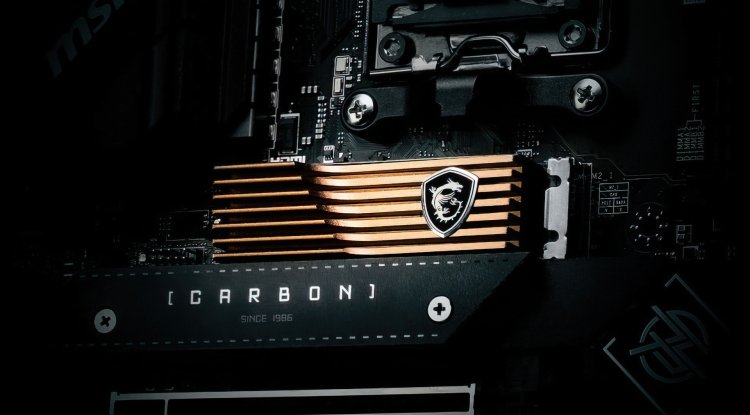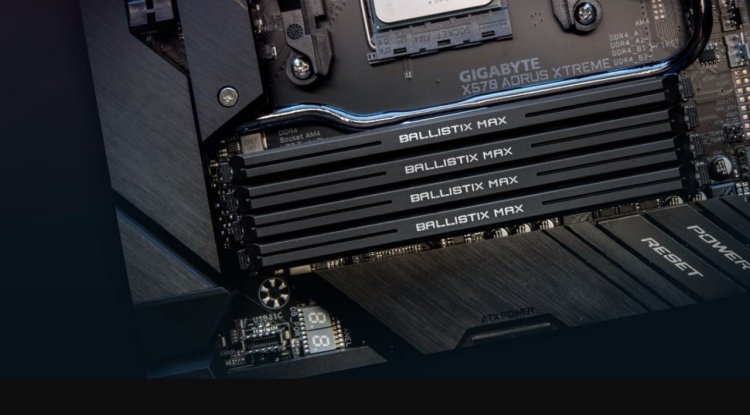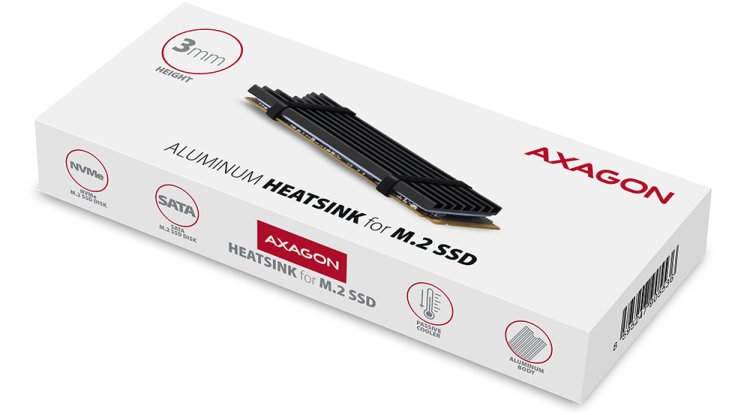UltraRAM could join SSD and RAM into one part

As most standard PC stockpiling moves to super quick SSDs, which are so like blaze memory that it is hard to recognize them from the start, the inquiry turns out to be considerably more current. Lancaster University physicists say we could be near, joining them into one piece of equipment called UltraRAM. Despite the fact that it is actually the case that arbitrary access memory and current SSDs utilize comparative kinds of capacity, streak memory involves it in altogether different ways.
RAM requires an endless power supply to keep the info in memory, and if a power failure occurs, the information disappears. Thus, RAM is used for information that's needed quickly but not permanently. Flash storage is employed to record data and might store data stored even when the ability is turned off. The identical goes for an SD card or USB key, as an example. These two styles of storage are called volatile, power-intensive, and non-volatile, energy-independent, data storage, even when power isn't available.
Although memory may be used for the identical form of tasks that RAM does, lower speeds make it impractical for most applications. Therefore, for many years, storage and memory are two separate parts that perform separate functions, while they're supported by very similar hardware. An article published by a team of 5 physicists within the United Kingdom outlines how a brand new generation of memory might be created that's energy-independent and designed for permanent data storage, yet fast enough to be used for random access tasks.
Using a newly applied technology called InAs quantum wells and AlSb barriers, the researchers proposed a theory for UltraRAM that would overcome the weaknesses of persistent storage when used for fast read and write tasks. In short, applying these techniques and principles could create all-in-one storage and storage devices, making them easier, cheaper, and faster to supply more or less for all kinds of computing devices we use today.
The basic science behind UltraRAM is that it utilizes the novel properties of compound semiconductors, generally utilized in photonic gadgets like LEDs, lasers, and infrared locators can now be efficiently manufactured on silicon. The scientists guarantee that the most recent manifestation on silicon outflanks the innovation as tried on Gallium Arsenide semiconductor wafers.
However, UltraRAM is currently a scientific endeavor and it may be years before it is commercially available.
Until then, we will have to buy separate storage devices and RAM when creating our PC systems.





































